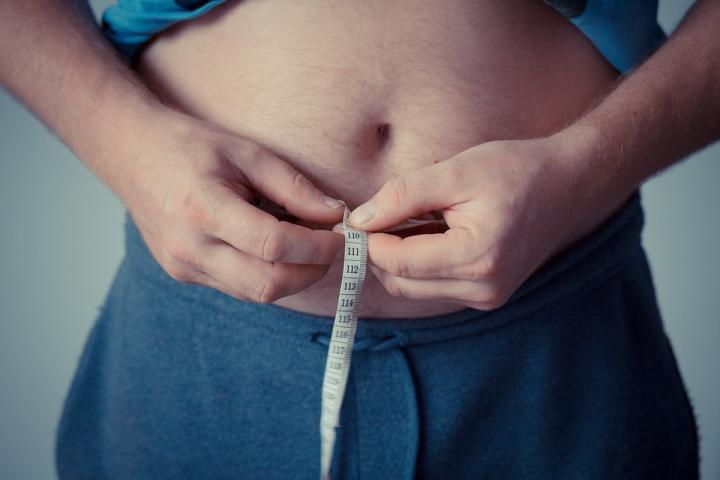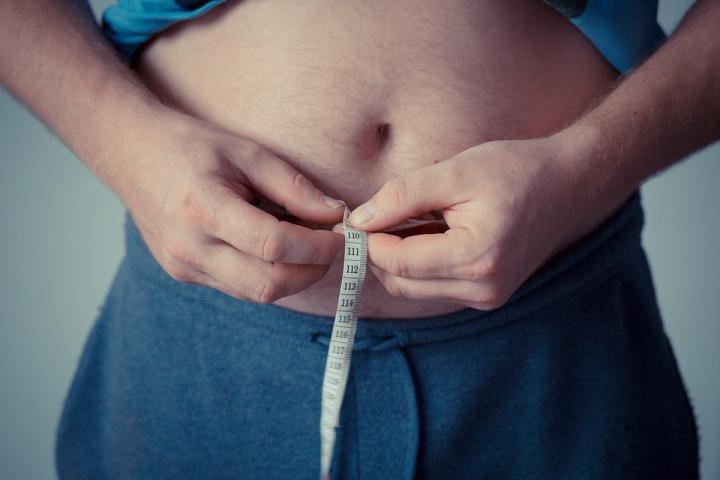
Credit: Pixbay
What we eat plays a big role in our ability to regulate our body weight. Over time, however, different ideas have emerged about the most important dietary factors that cause us to put on weight.
During the 1980s and 1990s, it was widely accepted that the most important factor in weight gain is the fat content of our diets. However, in the new millennium it was suggested that this focus on fat was misplaced, and that, in fact, the main factor driving obesity was our carbohydrate intake – notably, our intake of refined carbohydrates like sugars.
Several hugely popular books were published in this period suggesting that eating fat might actually protect us from obesity.
Most recently, however, attention has turned to protein, with the hypothesis that people eat food mostly to obtain protein rather than energy.
According to this idea, when the protein content of our diet falls, we eat more food to meet our target protein intake. That makes us consume too many calories and we get fat. Since our food consists of fat, protein and carbohydrates – and at different times all three have been implicated in making us obese – it is difficult to know what to eat to stay slim.
Part of the problem is that it is very difficult to do human studies that control food intake long enough to determine what dietary factors cause weight gain. Studies on animals similar to us, however, can suggest possible answers.
Now scientists at the Institute of Genetics and Developmental Biology, Chinese Academy of Sciences in Beijing and the University of Aberdeen in Scotland have performed the largest study of its kind to resolve what components of the diet cause mice to put on body fat. The study was published today in the journal Cell Metabolism.
The study included 30 different diets that varied in their fat, carbohydrate (sugar) and protein contents. Mice of five different strains were fed these diets for 3 months, which is equivalent to 9 years in humans.
In total, over 100,000 measurements were made of the mice's body weight changes and their body fat was measured using a micro MRI machine. The result of this enormous study was unequivocal – the only thing that made the mice get fat was eating more fat in their diets. Carbohydrates, including up to 30% of calories coming from sugar, had no effect.
Combining sugar with fat had no more impact than fat alone. There was no evidence that low protein (down to 5% of the total calories) stimulated greater intake, suggesting there is no protein target. The researchers believe that dietary fat caused weight gain because fat in the diet uniquely stimulated the reward centers in the brain, thus causing greater intake of calories.
Professor John Speakman, who led the study, said "A clear limitation of this study is that it is based on mice rather than humans. However, mice have lots of similarities to humans in their physiology and metabolism, and we are never going to do studies where the diets of humans are controlled in the same way for such long periods. So the evidence it provides is a good clue to what the effects of different diets are likely to be in humans."
###
Media Contact
QI Lei
[email protected]
http://english.cas.cn/
Original Source
http://english.cas.cn/newsroom/research_news/201807/t20180712_195101.shtml http://dx.doi.org/10.1016/j.cmet.2018.06.010





